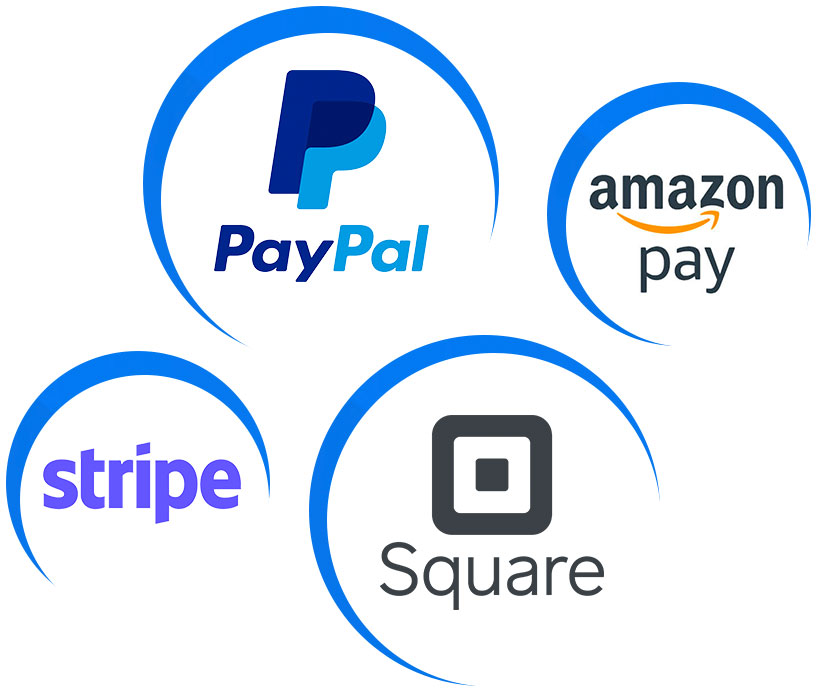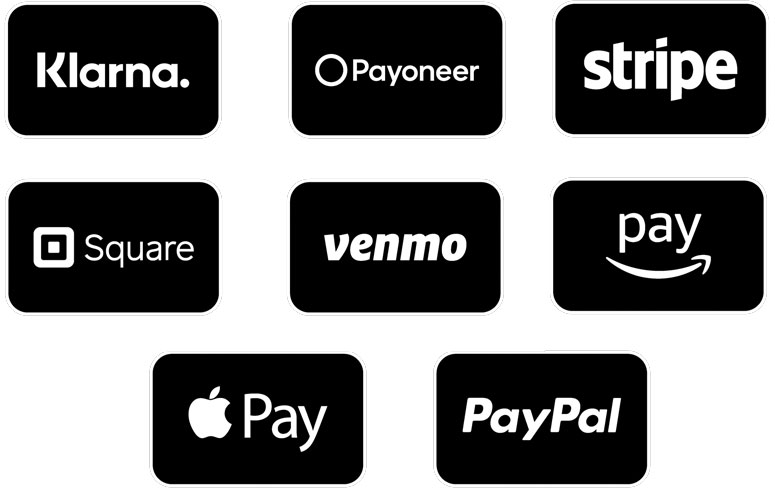What is a Payment Facilitator?
Payment facilitators (Payfac) enable companies to accept electronic payments from customers. They provide the entire infrastructure for payment processing, handling everything from customer registrations to transactions.

- Highest Approval Rate
- Fast Approvals
- 24-48 Hour Payouts
- Lowest Rates
- 100% Digital Application

About PayDiverse
Our Team has 20+ Years of High-Risk Payment Processing Experience
We have the largest network of high risk banks in the industry, and growing! Paydiverse has thoroughly tested numerous processing banks to understand which are the perfect fit for every high-risk merchant account category. We have a diverse array of solutions per business type unlike anyone else in the industry.
- 24-48 Hour Payouts
- Lowest Rates, Multiple Bank Approvals
- Fast Approvals
- 100% Digital Application
Secure Payment Processing
In 3 Simple Steps
-
Apply Now
Complete our quick and easy online application
Digitally sign applications using your mouse
Securely upload supporting documents
-
Get Approved
Applications are sent to all banks that have pre-approved you
Banks will review and determine a processing limit
Daily updates sent with additional documents and final approvals
-
Start Processing
Payment Gateways are activated
Integrate your Payment Gateway with the backend of your site
Start accepting payments from your customers immediately
Payment Facilitators Explained
A payfac is a third-party merchant services provider that acts as a middleman between merchants and payment processors. Payfac sets up electronic payment and processing services on behalf of merchants, enabling them to accept credit card and debit card payments either in-person, online, or both.
Understanding the Payment Facilitator Model
Payment facilitators are often mistaken for payment processors, but it’s essential to understand that there are differences between the two. While payment processors are an important part of the merchant landscape when transactions are processed at a high volume, the payment facilitator model provides a similar service at a more basic level.
Payment facilitators have been pre-approved for one master merchant account and are able to sign up merchants under their master account as sub-merchants. The sign-up process is less cumbersome for the merchants and the risk is on the Payfac.
In this processing model, there are three main players:
- The acquirer, which structures and handles the transaction
- The payment facilitator, which handles communication between the acquirer and the sub-merchant
- The sub-merchant, which operates under the payment facilitator
Acquirers and payment facilitators work together to approve a sub-merchant and open their processing platform. In this process, the acquirer oversees applications and underwriting, integrates the payment technology, determines pricing, and ensures the payment facilitator operates within the law and card issuer regulations.
Processing With Payment Facilitators
Merchants need to apply for an account to work with a payment facilitator. Thankfully, this process is a lot easier than applying for a merchant account of their own with an acquiring bank or payment processor. In fact, the process of opening a payment facilitator account can be completed within a day in many cases, with most sub-merchants gaining approval as soon as the facilitator completes a “Know Your Customer” (KYC) check or a background check to confirm that the business is legitimate and trustworthy.

The KYC check also involves checking potential sub-merchants against the Mastercard Member Alert to Control High-Risk Merchants (MATCH) list and the Office of Foreign Asset Control’s list of individuals with criminal histories or ties to terrorism.
The underwriting process is relatively basic, though, regarding payment facilitators, and most of these processes are automated unless there are red flags.
What Payment Facilitators Do
The role of a payment facilitator is less elaborate than that of a payment processor, but it does involve several merchant services.
That includes:
- Sub-merchant onboarding: The process of accepting new merchant applications and underwriting them to avoid excessive risk or fraud.
- Monitoring transactions: Payment facilitators are entirely liable for fraudulent transactions or errors that occur at the hands of their sub-merchants, so they typically take extreme measures to prevent problems from arising. That includes using software that records and analyzes transactions for suspicious or fraudulent behaviors.
- Investigations: When suspicious transactions arise, payment facilitators typically investigate the responsible sub-merchant and determine any actions that need to be taken as a result of the investigation.
- Merchant funding: Payment facilitators oversee the process of transferring funds from the customer to their sub-merchants. This process can take several days to several weeks, depending on the merchant, the service or product provided, the payment method, and the sub-merchant’s processing history.
- Chargeback management: When chargebacks occur on sub-merchant transactions, the payment facilitator handles the process of reviewing the chargeback, submitting documentation, and transferring funds to the end customer’s bank when deemed necessary.
Traditional Payments vs. Payfac: What’s Better?
The method you choose to process payments depends largely on the nature of your business. That said, a payment facilitator is a great way to start processing transactions without dealing with traditional payment companies and without a drawn-out application process. It’s a good fit for online marketplaces with multiple vendors selling and processing payments in a single place.
Traditional Payment Processors/Acquirers
- Merchants work directly with the acquirer to set up a payment gateway and handle transactions.
- Merchants have their own merchant bank account to transfer funds into directly.
- Acquirers forward funds directly from the customer to the merchant.
Payment Facilitators
- Merchants work with payment facilitators, which act as the primary merchant and deal directly with the acquirer.
- Payment facilitators have a master account that all payments are deposited to.
- The payment facilitator accepts and distributes funds to sub-merchants.
Finding a Payment Facilitator
There are plenty of payment facilitators, some of the most well-known companies in the space being Square, Stripe and PayPal. These companies offer sub-merchants an option to complete invoices online, send them directly to clients, and collect payments via credit card, PayPal, or e-check.
While the number of payment facilitators available to American merchants is extensive, it’s essential to look for a reputable facilitator that offers affordable fees. As with any service, take time to review the experiences of past customers, read your contract thoroughly before providing your financial information, and ensure the software the company provides can be integrated with your website and accounting tools easily..
Diverse Payment Processing is Smart Processing
Fill out our free and quick merchant account application and let us match you with many banks that want your business.


